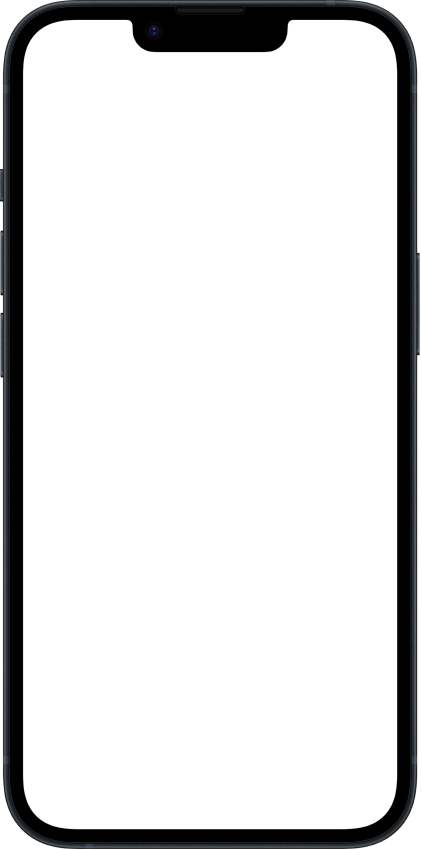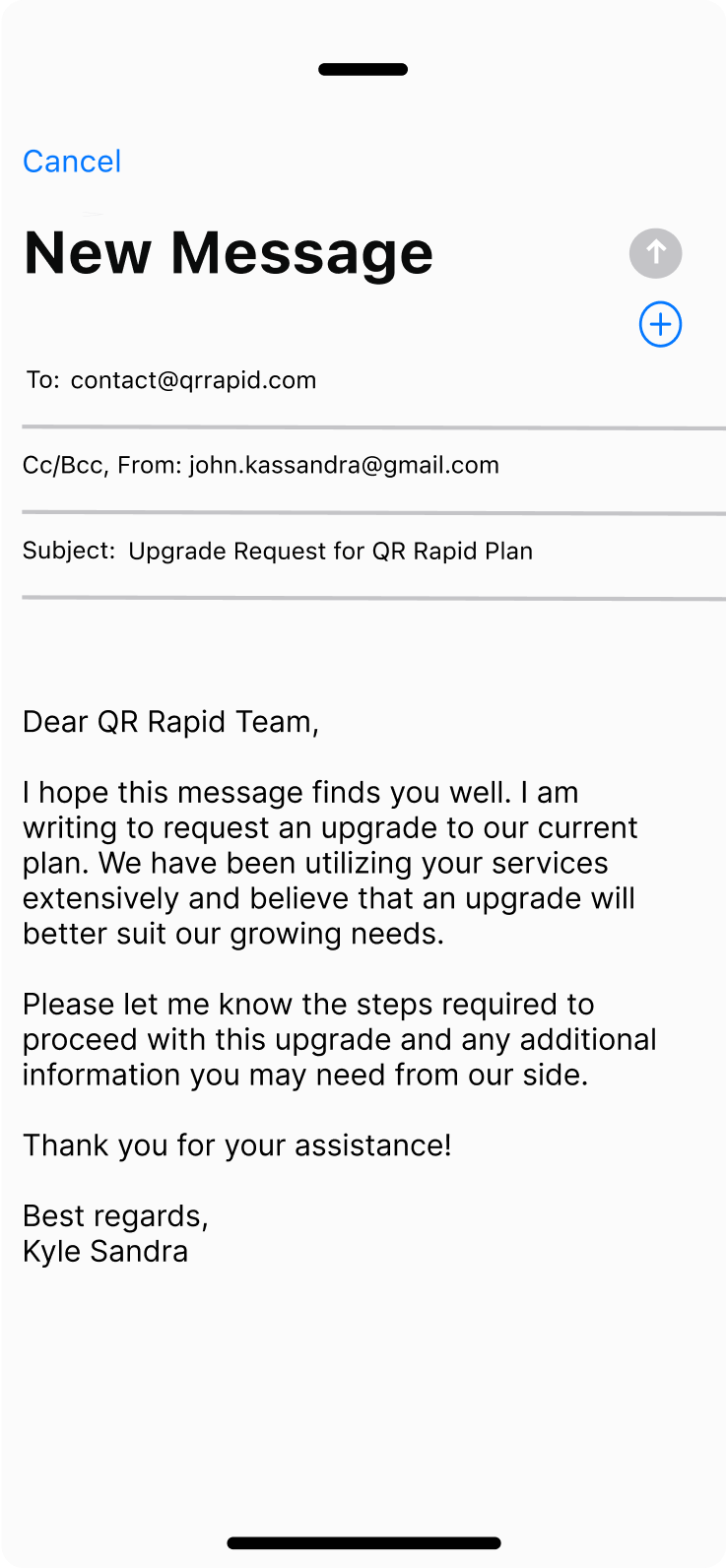QR Rapid
QR Codes for Work Environment
Main QR Code Ideas for Work environment
Open an email draft
Open an email draft
Text
Display simple text
Text
Text
Display simple text
SMS
Trigger a text message
SMS
SMS
Trigger a text message
Show a downloadable file
Show a downloadable file
vCard
Share contact details
vCard
vCard
Share contact details
Other QR code Ideas for Work environment
Website URL
Send users to any webpage
Website URL
Website URL
Send users to any webpage
Wi-Fi
Let users connect instantly
Wi-Fi
Wi-Fi
Let users connect instantly
Menu
Create a digital menu
Menu
Menu
Create a digital menu
Start a chat with one tap
Start a chat with one tap
Image
Showcase visuals
Image
Image
Showcase visuals
MP3
Share audio directly
MP3
MP3
Share audio directly
Video
Play a video instantly
Video
Video
Play a video instantly
Crypto
Accept Crypto payments
Crypto
Crypto
Accept Crypto payments
List of links
Share everything in one place
List of links
List of links
Share everything in one place
Coupon
Unlock special offers
Coupon
Coupon
Unlock special offers
Event
Promote an event
Event
Event
Promote an event
APP
Link to your app
APP
APP
Link to your app
Social media
Link all your socials
Social media
Social media
Link all your socials
QR Codes for Work Environment: Enhance workplace productivity through instant access to resources and information
QR code for work enhances communication and organization in the workplace. You can create QR codes for quick access to essential resources, such as company policies, safety guidelines, or work schedules. Employees can simply scan the code to retrieve important information, reducing the need for paper-based documents. This improves efficiency and ensures everyone has instant access to up-to-date information in the work environment.
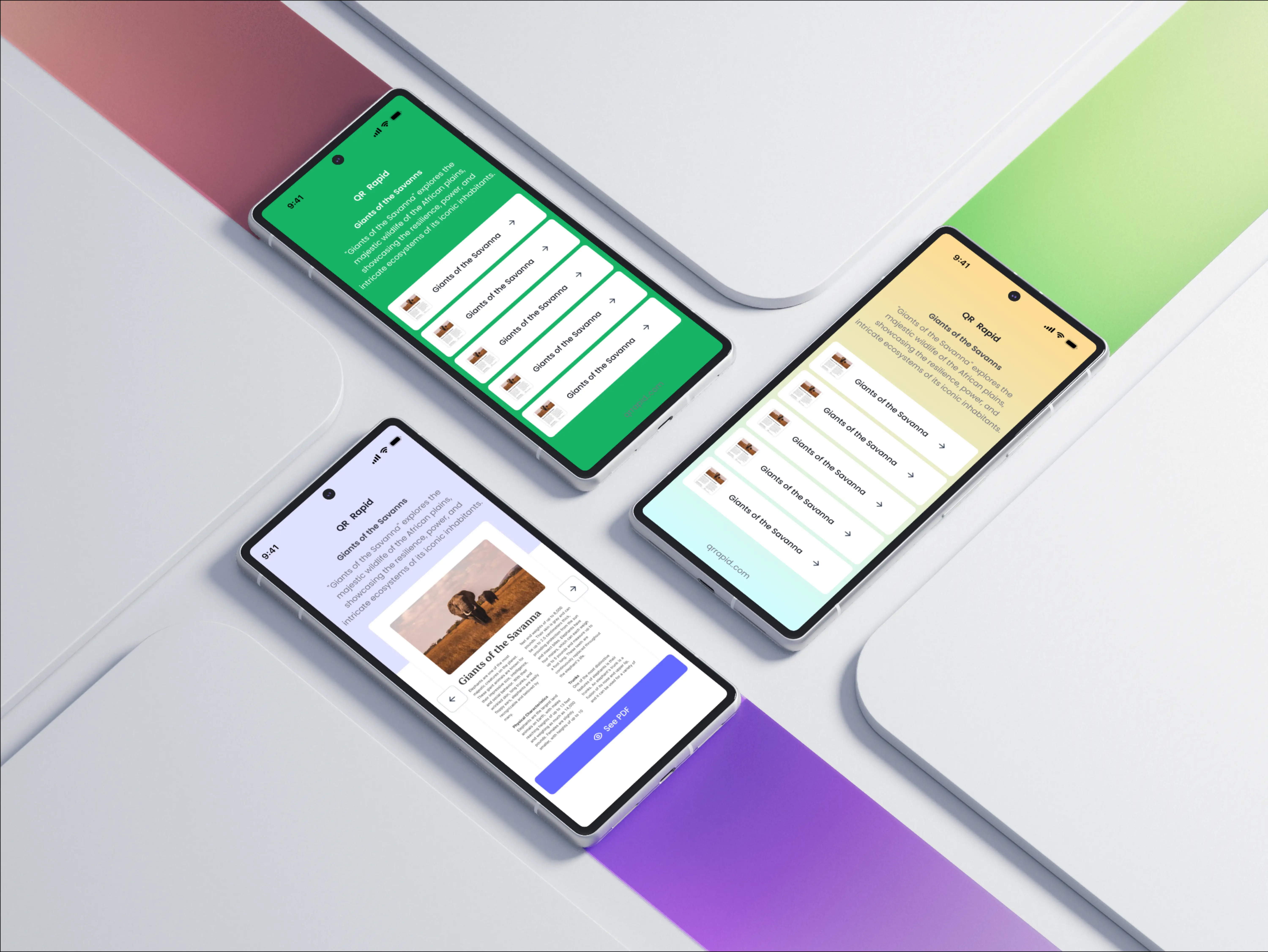
Smart QR Code Solutions for Modern Work Environments and Networking
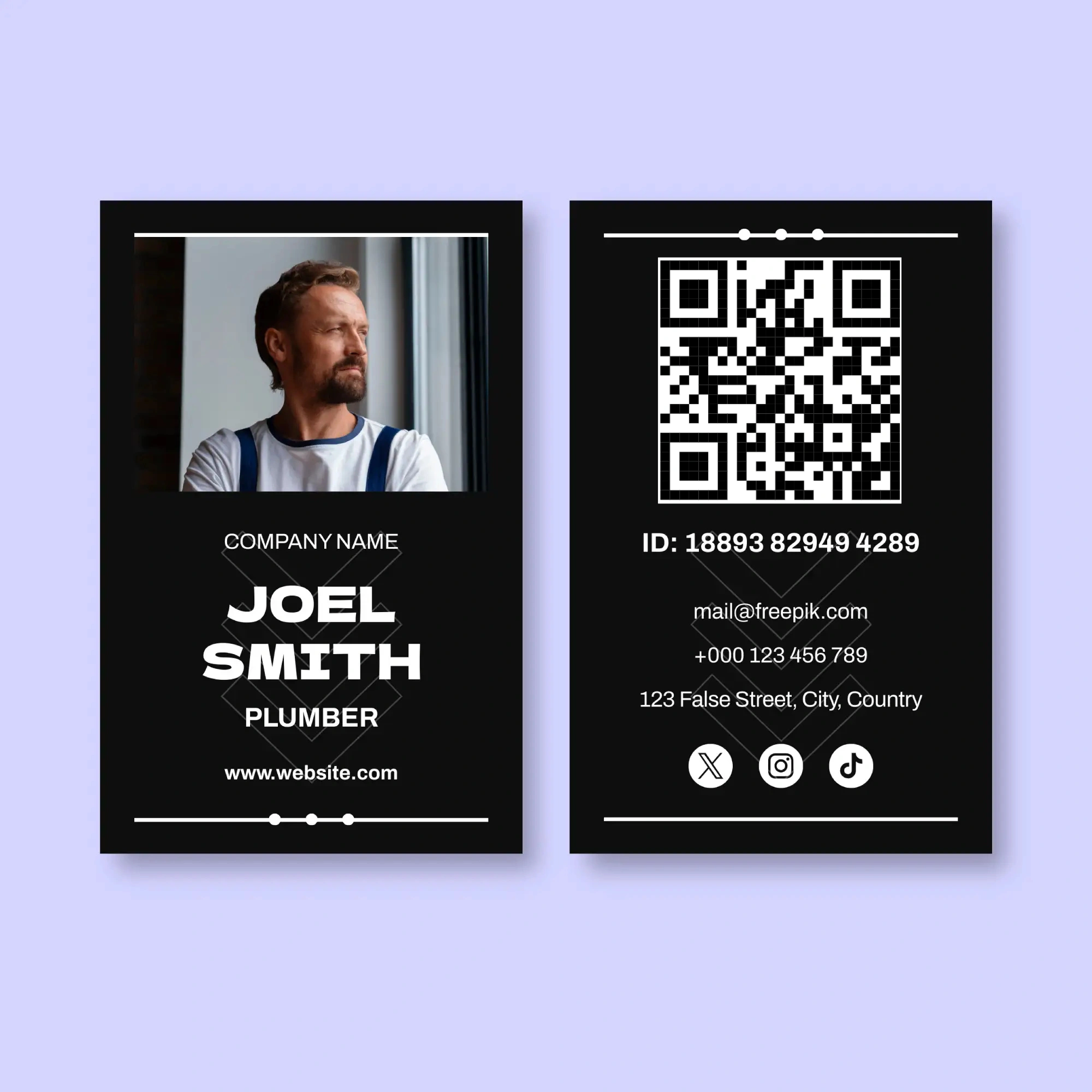
Transform Professional Networking with Digital Business Cards
Modern professionals are revolutionizing networking through sophisticated digital business cards featuring QR codes that instantly share comprehensive contact information. Professional vCard designs showcasing employee photos, contact details, and QR codes create memorable first impressions while eliminating the limitations of traditional paper cards.
According to industry research, the global digital business card market is worth $181.46 billion in 2024 and is likely to reach $389.3 billion by 2032, demonstrating massive professional adoption. These smart networking tools enable instant contact sharing, LinkedIn connections, calendar integrations, and portfolio access that traditional cards cannot provide. Sales professionals, consultants, and executives leverage QR business cards for trade shows, conferences, and client meetings where quick, accurate information exchange is crucial. This technology eliminates typing errors, lost cards, and delayed follow-ups while providing analytics on networking effectiveness and lead generation success rates for professional development optimization.
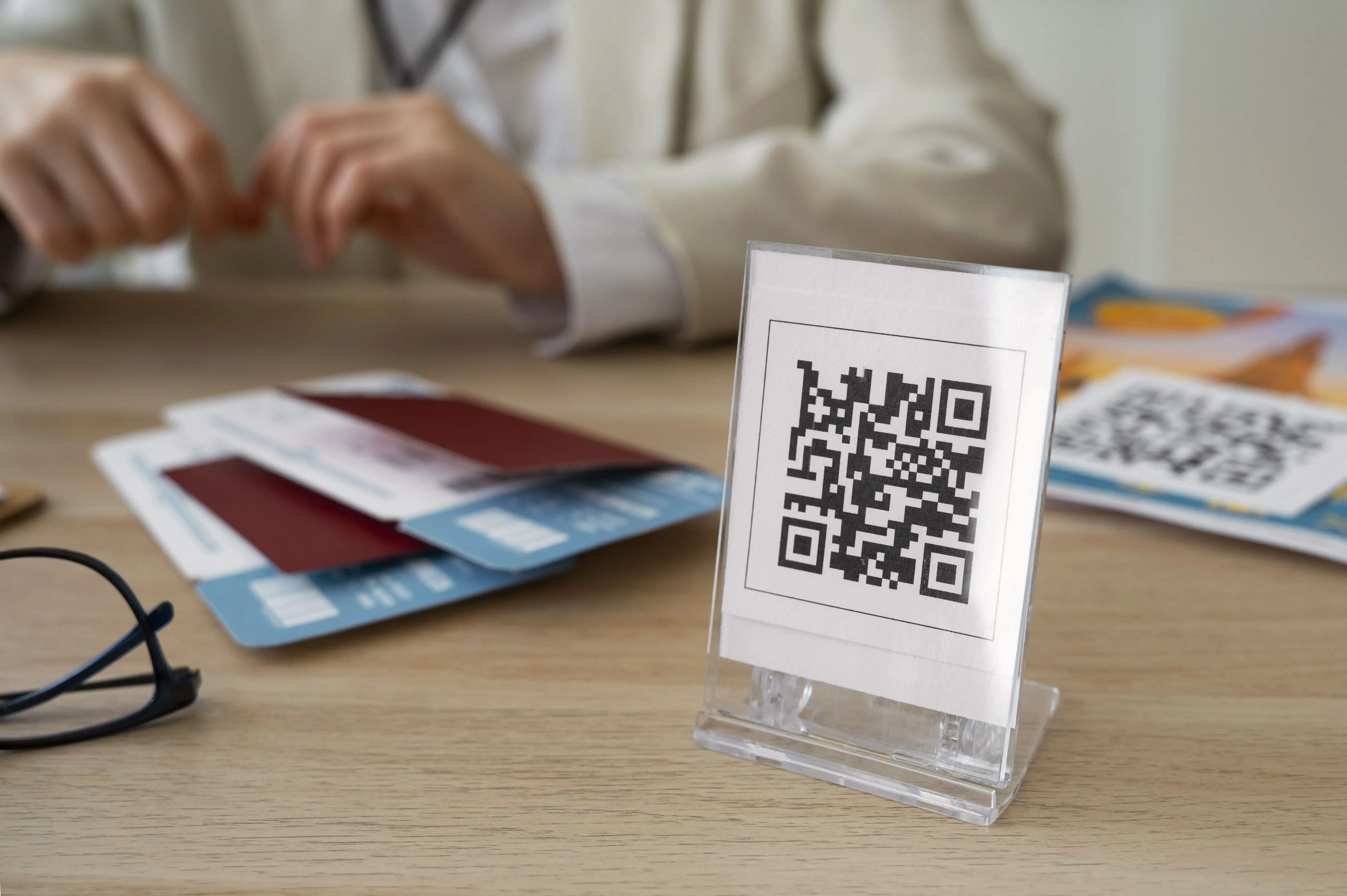
Enhance Workplace Efficiency with Document and Information Sharing
Office environments utilize QR codes to streamline document access, information sharing, and workflow management across teams and departments. Professional workplace setups featuring QR codes on documents, presentations, and reference materials provide instant access to digital resources, collaborative platforms, and project updates. Research shows that 44.6% of internet users globally scan at least one QR code monthly, making workplace QR implementation highly effective for internal communications.
Modern offices integrate QR codes into meeting agendas, training materials, policy documents, and equipment manuals that employees can access quickly without IT assistance. These systems reduce printing costs, ensure document version control, and enable real-time updates to critical workplace information. HR departments use QR codes for employee onboarding, benefits enrollment, and policy acknowledgments that streamline administrative processes while maintaining detailed records of employee interactions and compliance requirements.
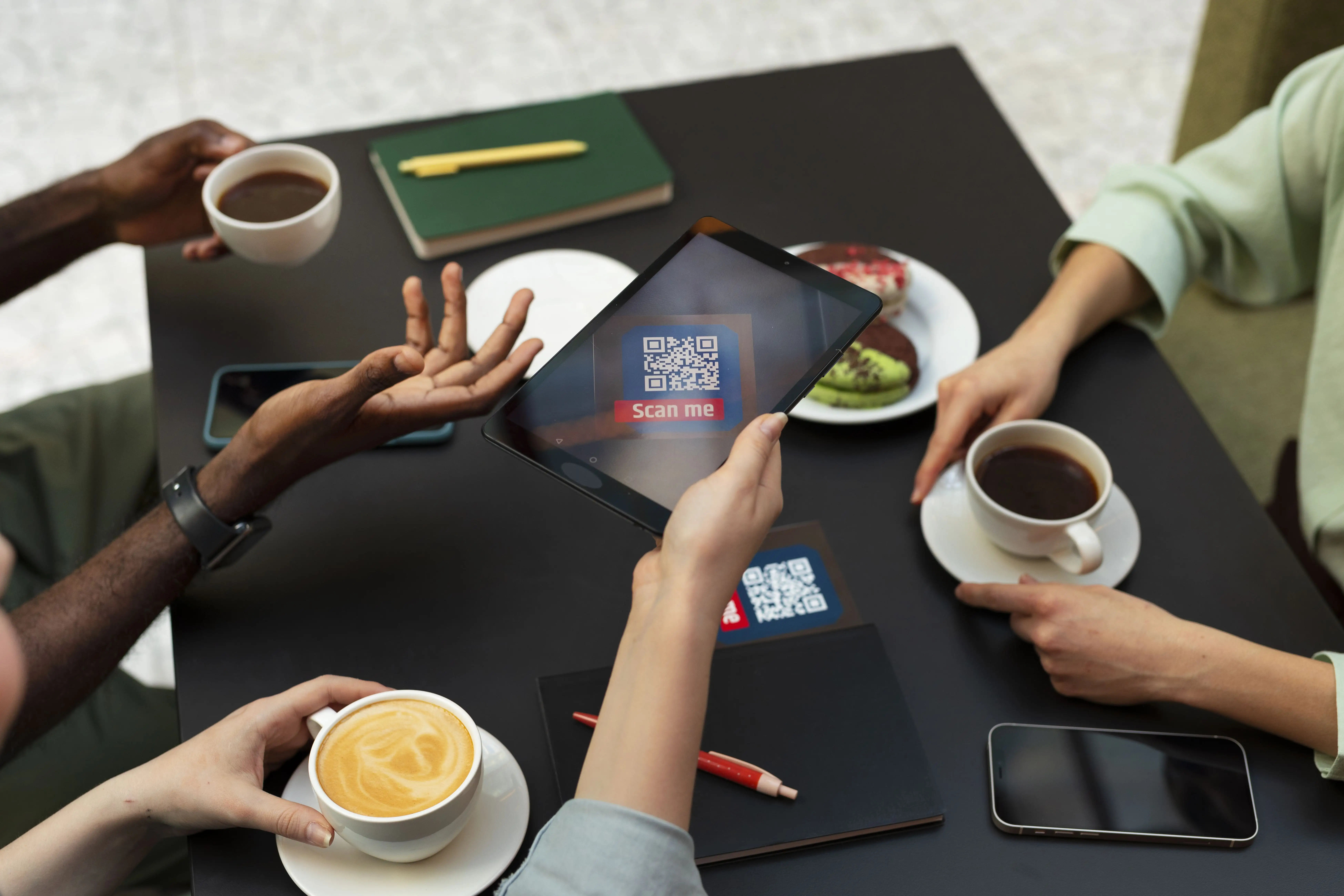
Revolutionize Team Collaboration with Interactive Meeting Solutions
Contemporary meeting environments leverage QR codes to facilitate seamless collaboration, presentation sharing, and participant engagement during professional gatherings. Conference rooms equipped with QR code systems enable attendees to access presentation materials, collaborative documents, and meeting resources instantly through smartphone scans. Studies indicate that 89.5 million Americans are expected to scan QR codes by 2024, highlighting widespread workplace adoption potential.
Team meetings benefit from QR codes that connect participants to shared whiteboards, voting systems, feedback forms, and follow-up task assignments without technical complications. Project managers use these tools for status updates, resource sharing, and timeline coordination that keeps distributed teams aligned and productive. This technology eliminates email chains, reduces meeting preparation time, and ensures all participants have immediate access to relevant materials while providing detailed engagement analytics for meeting effectiveness assessment.
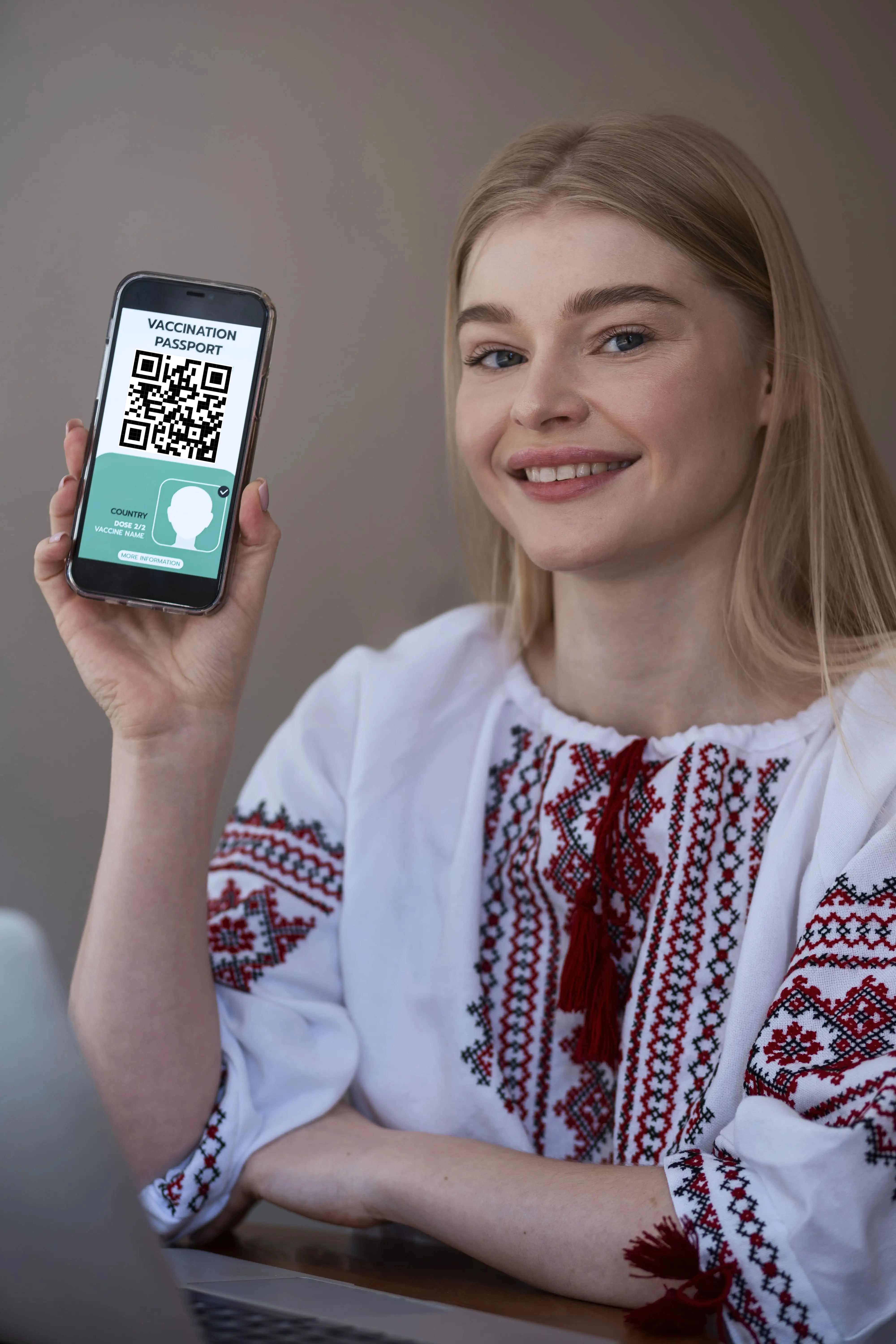
Optimize Remote Work Connectivity with Mobile QR Systems
Remote work professionals utilize QR codes to maintain seamless connectivity with colleagues, clients, and company resources regardless of location. Mobile QR solutions enable instant access to virtual meeting links, shared workspaces, company directories, and collaboration tools that remote workers need daily. Industry data reveals that marketing and advertising sectors saw a 323% increase in QR code usage in 2023, with professional services driving significant adoption.
Remote employees benefit from QR codes on digital business cards, email signatures, and virtual backgrounds that facilitate professional connections and client communications. These systems support flexible work arrangements by providing consistent access to company resources, training materials, and support systems from any location. Managers use QR codes for team check-ins, performance reviews, and resource distribution that maintains productivity and engagement across distributed workforces while ensuring security and compliance standards.
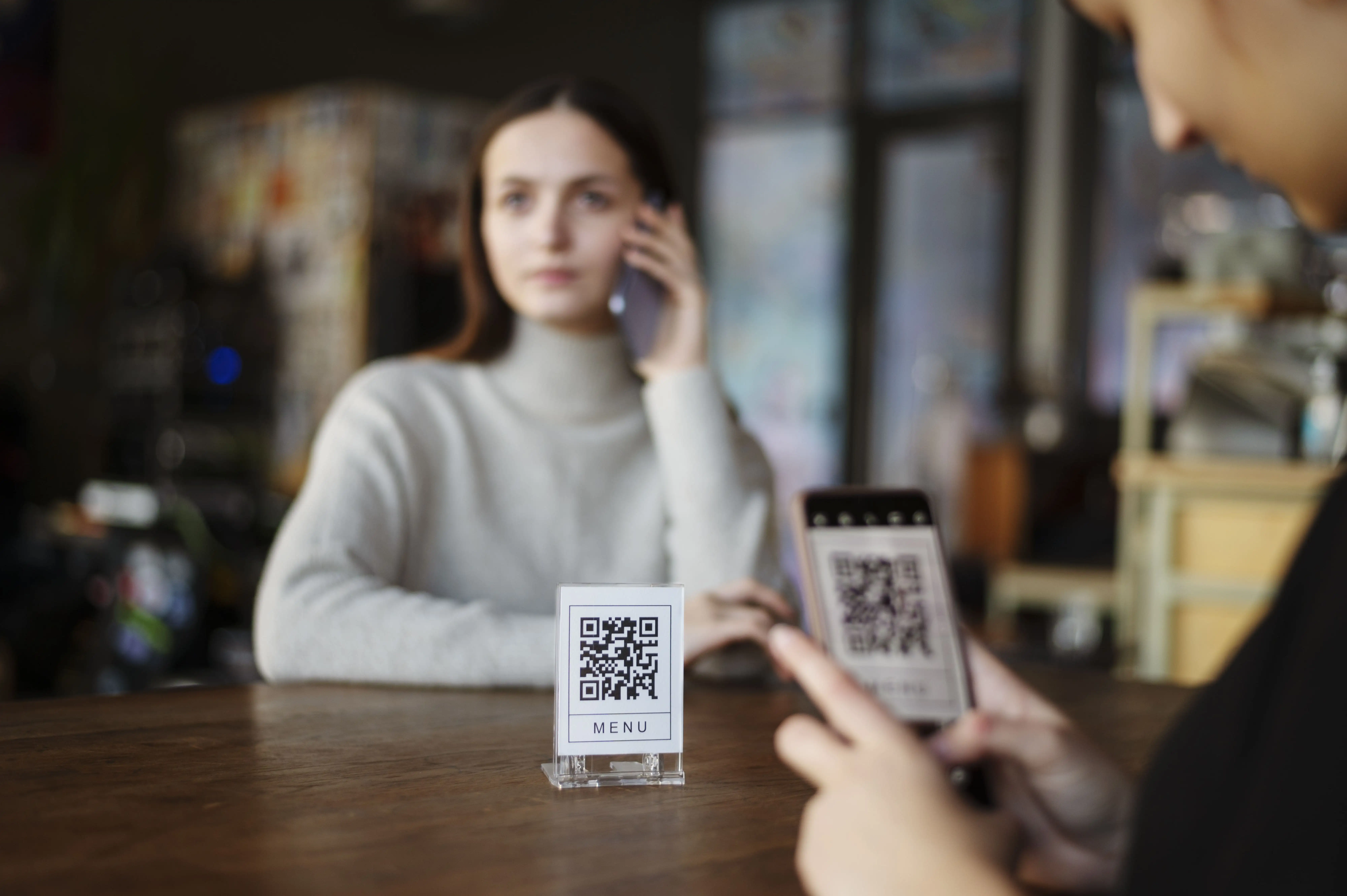
Streamline Workplace Operations with Digital Contact Management
Professional environments implement comprehensive QR code systems for contact management, visitor registration, and internal communications that enhance operational efficiency. Workplace reception areas featuring QR code systems enable visitors to self-register, access building information, and connect with appropriate contacts without extensive staff assistance. Research shows that 84% of mobile users have scanned QR codes at least once, making workplace QR systems highly accessible to diverse user groups.
Office managers leverage QR codes for directory services, emergency procedures, facility booking, and maintenance requests that streamline daily operations while reducing administrative burden. These digital systems provide detailed analytics on workplace usage patterns, visitor demographics, and resource utilization that inform facility management decisions and space optimization strategies. Companies benefit from reduced reception costs, improved security protocols, and enhanced visitor experiences while maintaining professional standards and operational transparency.
How to Create QR Codes for Work Environment
Create effective QR codes for work environments with this comprehensive guide that enhances workplace efficiency, improves team communication, and streamlines professional operations across all office settings.
Step 1: Navigate to QRRapid.com/create
Navigate to QRRapid.com/create, a specialized QR code generator platform designed for professional workplace environments and office management. This dedicated platform offers multiple QR code types tailored to workplace operations, employee engagement, and efficient office communication systems.
Step 2: Select the Right QR Code Type for Your Work Environment
Once you're on QRRapid.com, you'll see several QR code options designed for workplace environments:
Main QR Code Types for Work Environment:
Email QR Code: Enable instant email contact sharing for professional communication, department inquiries, or HR-related correspondence.
Text QR Code: Display workplace instructions, safety protocols, office policies, or important announcements throughout the facility.
SMS QR Code: Enable employees to join company updates, emergency notifications, or department-specific text communications.
PDF QR Code: Share employee handbooks, policy documents, training materials, or workplace resources for easy access.
vCard QR Code: Share complete employee contact information, department details, or key personnel information for workplace networking.
Additional QR Code Options for Work Environment:
Website URL QR Code: Direct employees to company intranet, HR portals, or internal workplace resources and systems.
Menu QR Code: Display cafeteria menus, office services, meeting room schedules, or workplace amenity information.
WhatsApp QR Code: Enable direct workplace communication for team coordination, project updates, or departmental messaging.
Image QR Code: Share organizational charts, office layouts, safety diagrams, or workplace visual information.
Video QR Code: Provide access to training videos, safety demonstrations, or company announcements and communications.
Social Media QR Code: Connect employees to company LinkedIn, internal social networks, or professional workplace communities.
List of Links QR Code: Combine multiple workplace resources like employee portals, benefits information, and training systems.
Events QR Code: Promote company meetings, training sessions, team building events, or workplace activities.
Coupon QR Code: Offer employee discounts, cafeteria deals, or workplace benefit promotions for staff engagement.
APP QR Code: Direct employees to company mobile apps for time tracking, communication, or workplace management systems.
MP3 QR Code: Share workplace training audio, company announcements, or professional development content.
Crypto QR Code: Handle expense reimbursements or employee payments through cryptocurrency options.
Wi-Fi QR Code: Provide employees and guests instant network access without sharing sensitive passwords.
Step 3: Input Your Workplace Information
For Email QR Codes:
Enter department or employee email addresses
Include HR contact information for workplace inquiries
Add subject line templates for common workplace communications
Provide professional contact information for external partners
For Text QR Codes:
Create workplace safety instructions and emergency procedures
Include office policies and professional guidelines
Add motivational messages and company values
Display important workplace announcements and updates
For SMS QR Codes:
Set up employee notification systems for company updates
Create emergency communication channels
Enable department-specific messaging groups
Provide quick contact for workplace support services
For PDF QR Codes:
Upload employee handbooks and policy documents
Share training materials and professional development resources
Include workplace safety guidelines and procedures
Provide benefits information and HR documentation
For vCard QR Codes:
Employee name and professional title
Department and office location information
Work phone numbers and email addresses
Company address and contact details
Professional networking information
Step 4: Customize Your Workplace QR Code Design
Professional QR code design should reflect your company brand while ensuring workplace functionality:
Design Elements for Corporate Branding:
Color Scheme: Use your company brand colors while maintaining professional contrast for reliable workplace scanning.
Logo Integration: Include company logos or departmental graphics for brand consistency and professional identification.
Frame Options: Choose frames that reflect your workplace culture - corporate, modern, creative, or industry-specific designs.
Shape Customization: Select shapes that align with your company identity and professional workplace aesthetics.
Step 5: Preview and Test Your Workplace QR Code
Before finalizing your work environment QR code:
Scanning Verification: Test QR codes in typical office lighting conditions and workplace environments.
Content Accuracy: Ensure all linked information reflects current workplace policies and professional standards.
Mobile Optimization: Verify content displays properly on employee devices for optimal workplace accessibility.
Loading Performance: Check that linked content loads efficiently on company networks and systems.
Step 6: Download and Deploy Your Work Environment QR Code
Once satisfied with your workplace QR code:
Download High-Resolution Files: Get your QR code in multiple formats (PNG, JPG, SVG, PDF) for various workplace applications.
Print Applications: Use vector formats for office signage, employee materials, and workplace documentation.
Digital Implementation: Use standard formats for company intranets, email signatures, and digital workplace communications.
Strategic Workplace QR Code Placement
Optimal Positioning for Work Environments:
Reception areas for visitor information and company contact details
Conference rooms for meeting resources and presentation materials
Employee break areas for company announcements and HR information
Workstations for quick access to workplace tools and resources
Safety stations for emergency procedures and contact information
Professional Workplace Standards:
Minimum 2x2 inches for desk-level placement
Larger sizes (3x3 inches) for wall displays and common areas
Ensure adequate office lighting for reliable scanning
Position at appropriate heights for employee convenience and accessibility
Advanced Work Environment QR Strategies
Employee Engagement Enhancement:
Link company communication systems through professional QR networks
Use training QR codes for employee development and skill building
Integrate workplace feedback systems through dedicated QR access points
Connect HR resources for benefits, policies, and professional support
Workplace Efficiency Applications:
Create networking QR codes for professional development and team building
Share workplace resources through centralized QR access systems
Provide equipment manuals and technical support through QR links
Enable efficient onboarding processes and employee orientation programs
Professional QR Code Solutions for Modern Workplace Efficiency
1. Mobile App Integration and Digital Workflow Management
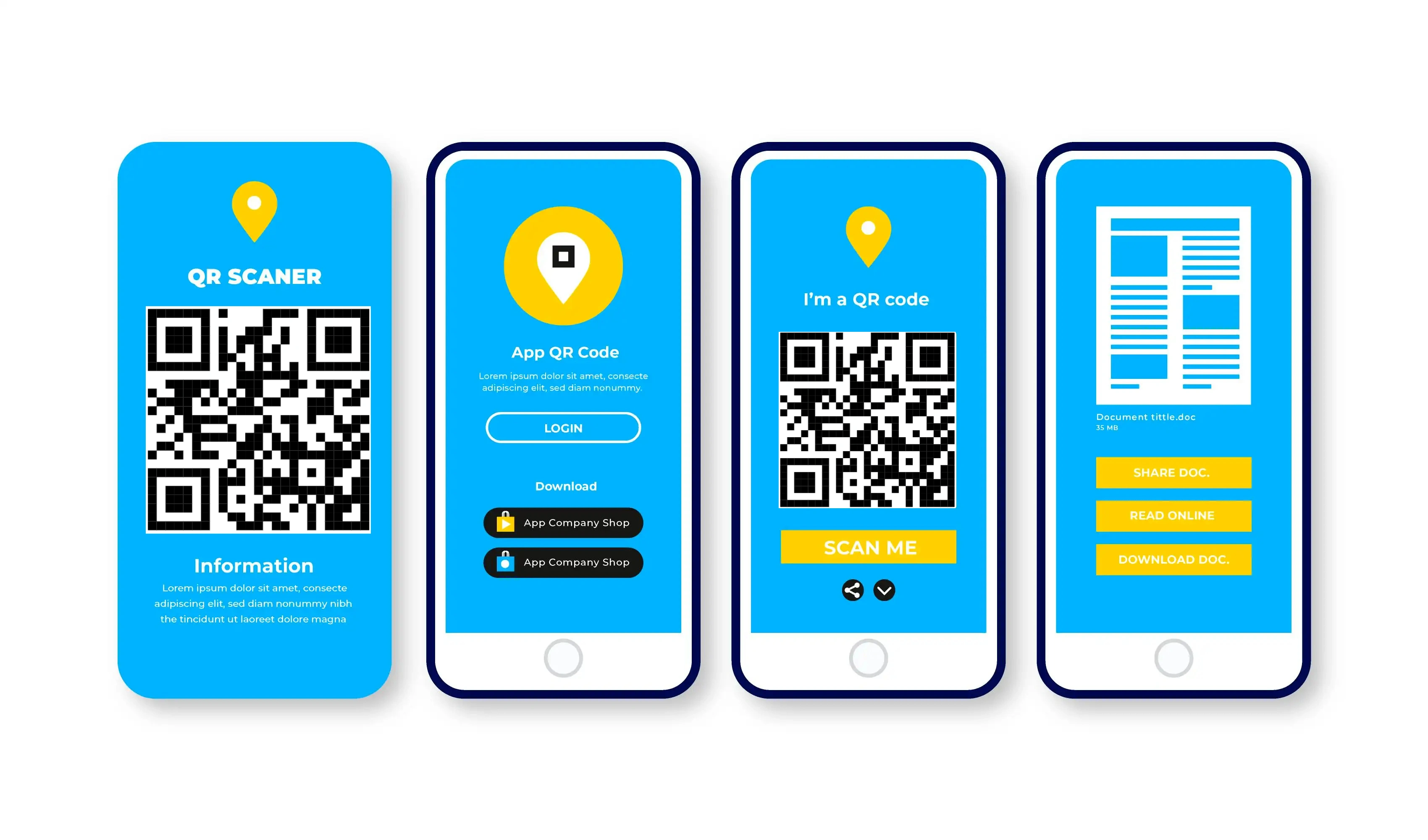
QR codes eliminate password hassles by letting employees scan to instantly access work apps like Slack, Asana, or Microsoft Teams. IT departments save 60% on helpdesk tickets since workers no longer forget passwords or get locked out of systems. Scan a QR code on your desk to clock in, access your daily task list, or join scheduled meetings without typing URLs or hunting for apps.
Remote workers use QR codes to quickly connect personal devices to company VPNs and secure networks. Manufacturing floors use QR codes on equipment to pull up maintenance schedules, safety protocols, and repair histories instantly. The biggest advantage: new employees can start working productively on day one instead of waiting for IT to set up dozens of account logins.
2. Restaurant and Hospitality Staff Operations
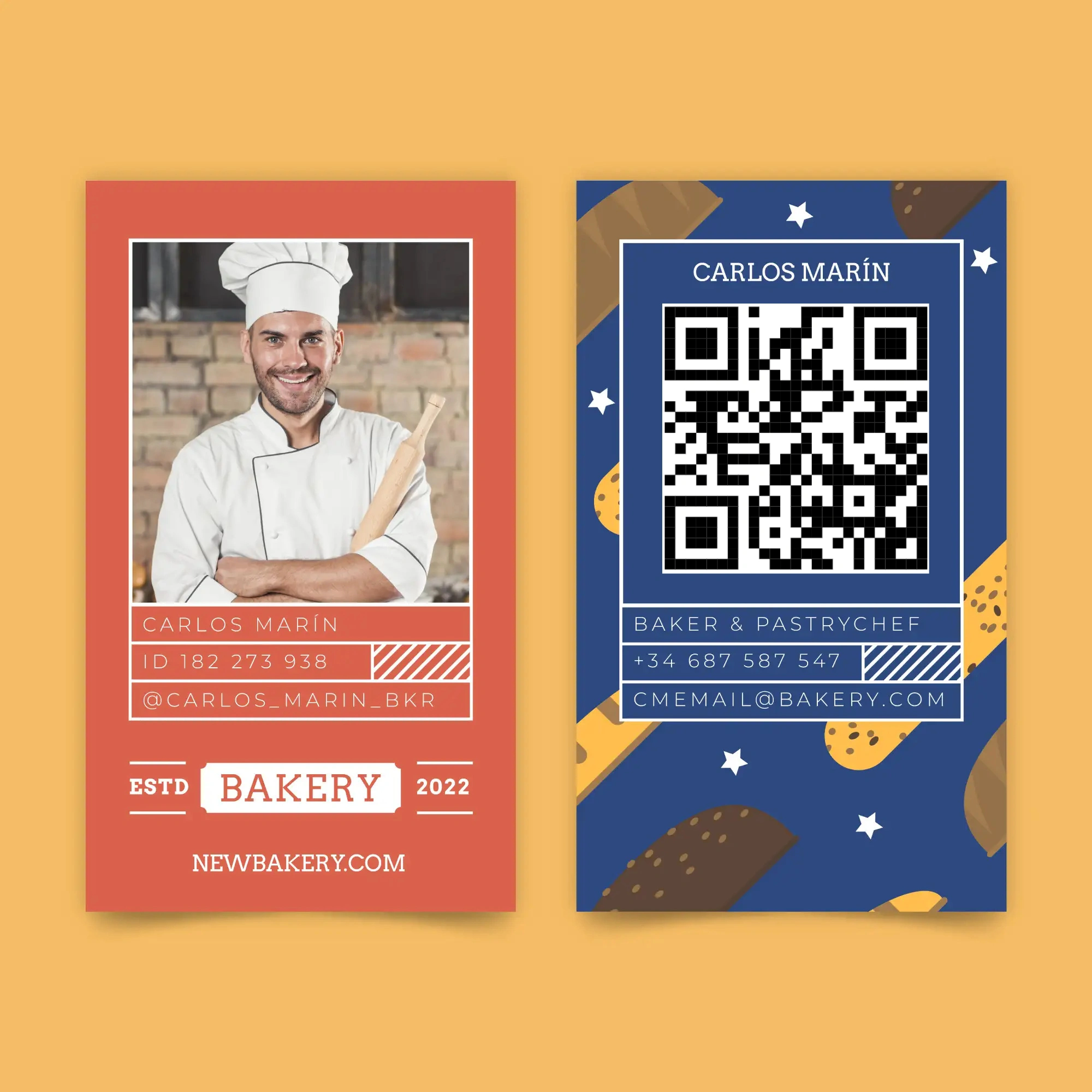
Restaurant staff scan QR codes to instantly see updated menus, daily specials, ingredient lists, and allergen information without asking managers. Kitchen crews use QR codes on prep stations to access recipe cards, portion sizes, and food safety temperatures for consistent quality. Servers scan table QR codes to send orders directly to kitchen displays, eliminating handwriting errors that waste food and frustrate customers.
Hotel housekeeping staff scan room QR codes to mark cleaning status, report maintenance issues, and access guest preference notes. Bar staff use QR codes to quickly look up cocktail recipes, wine pairings, and inventory levels during busy shifts. Training becomes faster when new hires scan QR codes to watch technique videos, review policies, and complete certification quizzes on their phones instead of sitting through long classroom sessions.
3. Creative Team Collaboration and Project Management
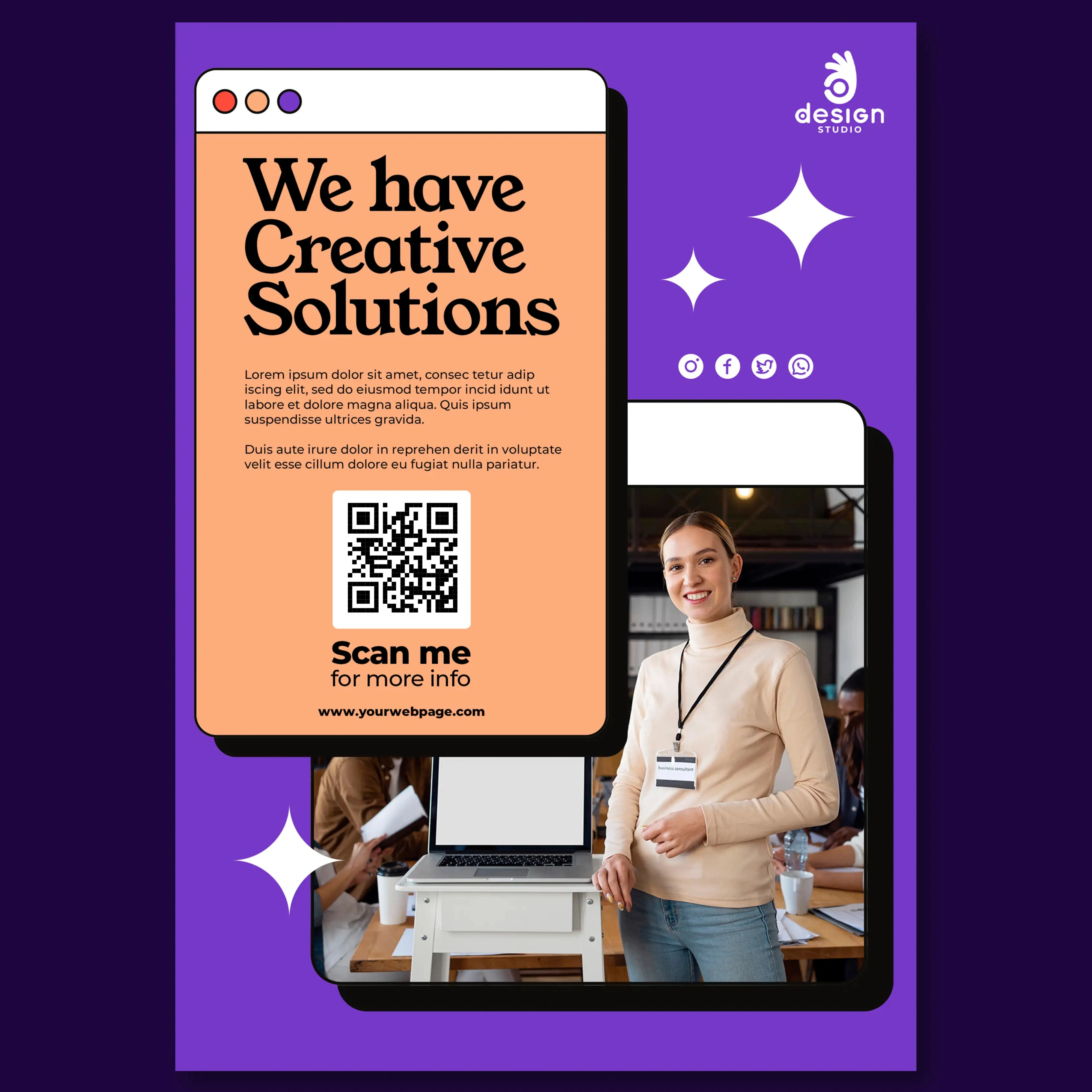
Design teams scan QR codes to instantly download the latest brand assets, color palettes, and logo files instead of searching through folders or asking colleagues. Creative briefs with QR codes link directly to reference materials, competitor examples, and client mood boards, keeping everyone aligned on project vision. Photographers scan QR codes at photoshoots to upload images directly to client galleries and shared folders, eliminating memory card transfers.
Video editors use QR codes to quickly access raw footage, music libraries, and approval workflows from their phones while on location. Client feedback becomes streamlined when stakeholders scan QR codes to leave timestamped comments on designs, videos, or campaigns without downloading special software. Project deadlines stay on track when team members scan codes to instantly update task status, request resources, or flag potential delays.
4. Corporate Team Building and Professional Networking
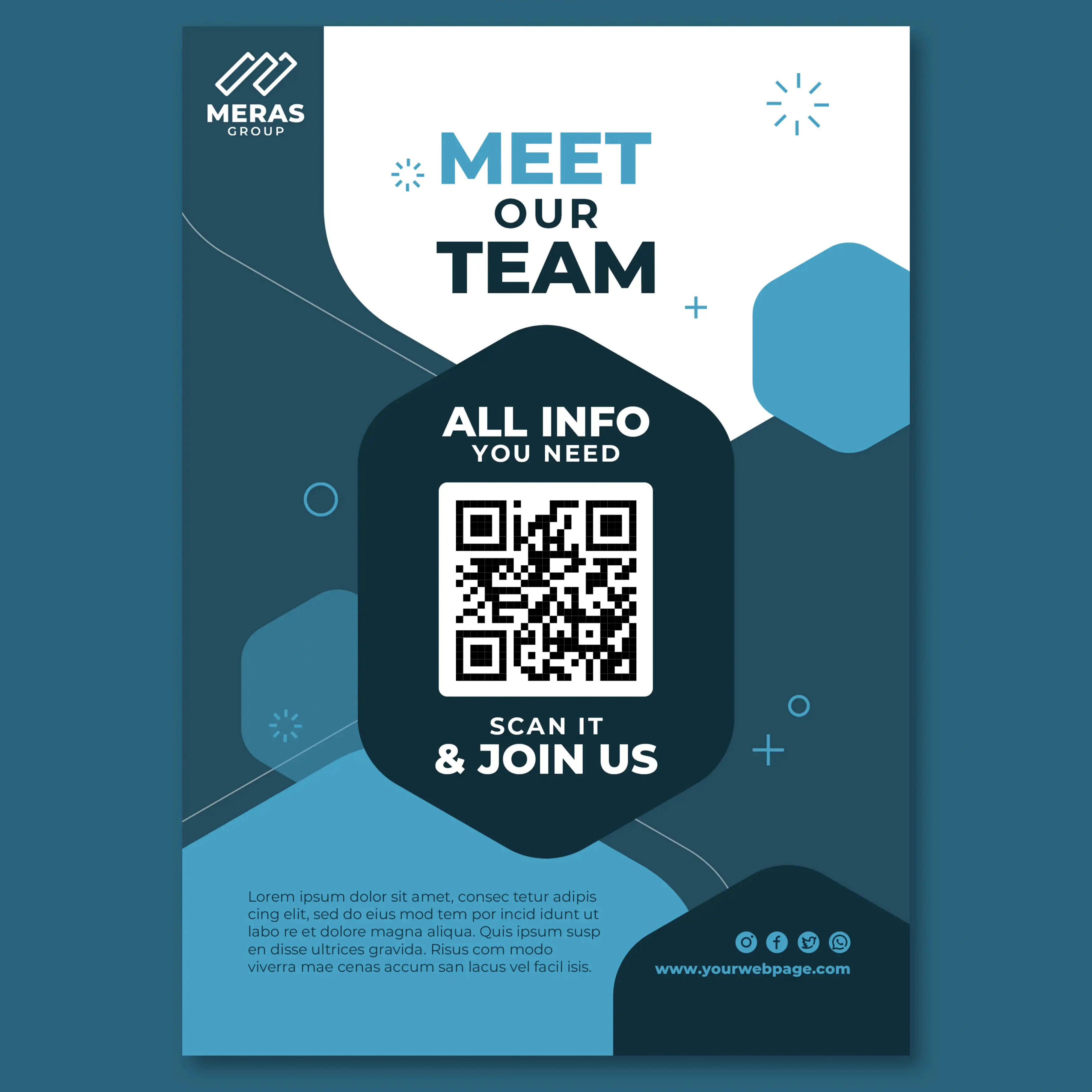
Corporate events use QR codes for instant attendee check-in, eliminating registration lines and paper name tags while automatically updating attendance records. Networking becomes more effective when professionals scan each other's QR codes to exchange contact information, LinkedIn profiles, and calendar availability instantly. Team building activities use QR codes as game checkpoints, scavenger hunt clues, and quiz access points that engage employees while collecting participation data.
Employee recognition programs let staff scan QR codes to nominate colleagues, submit achievement stories, and access rewards catalogs without navigating complex company portals. Office tours for new hires include QR codes at key locations linking to department information, employee introductions, and facility guidelines. Meeting rooms display QR codes that instantly share WiFi passwords, conference call details, and presentation links to participants' phones.
5. Digital Business Card and Contact Management Systems
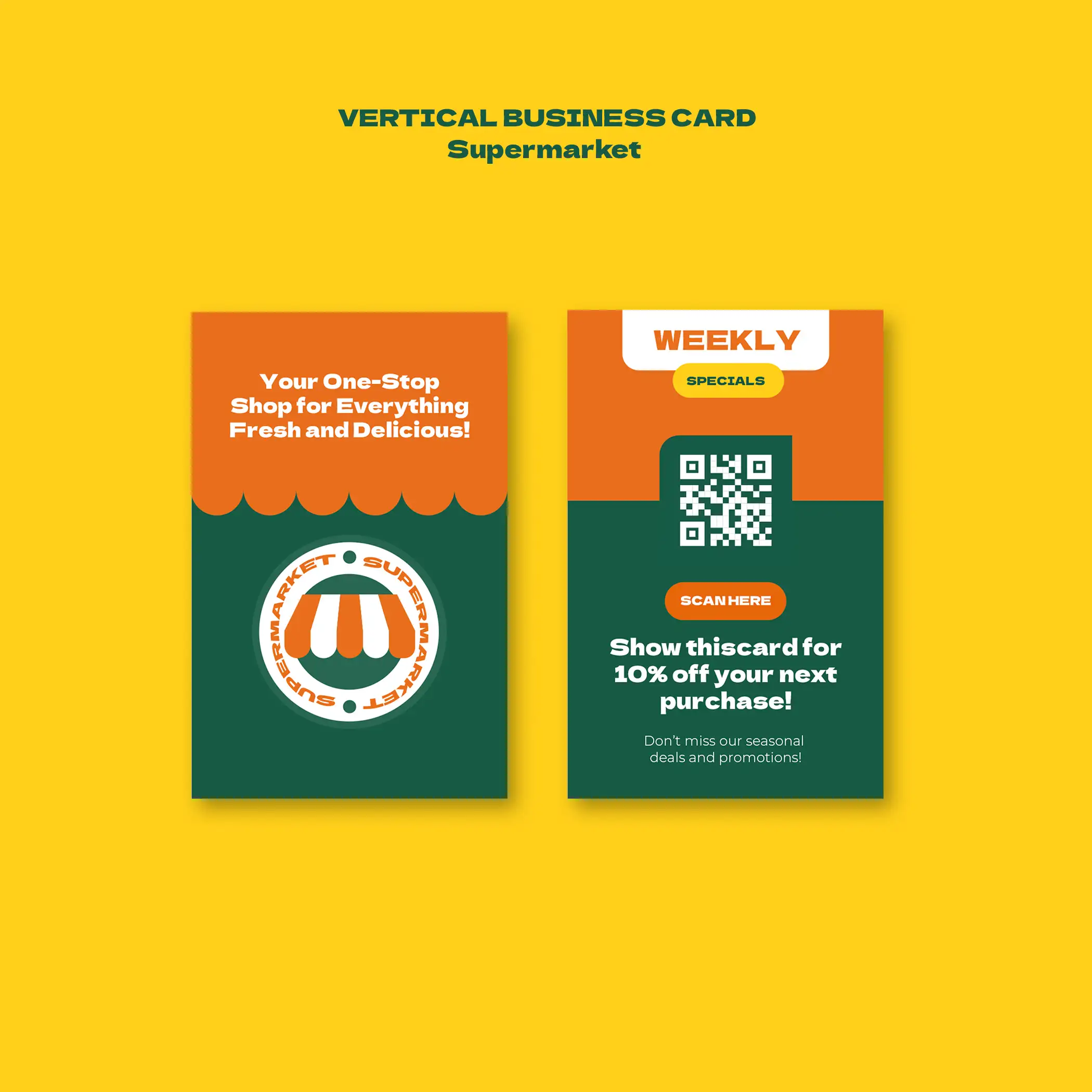
Sales professionals replace stacks of paper cards with single QR codes that instantly share contact details, product catalogs, pricing sheets, and booking calendars directly to prospects' phones. Business development teams track which contacts actually engage with their information since QR systems show who scanned, when, and what content they accessed. Trade show exhibitors use large QR displays to capture visitor information, schedule follow-up meetings, and deliver product demos without requiring booth staff for every interaction.
Consultants include QR codes in email signatures and proposals that link to case studies, testimonials, client portals, and scheduling systems, making it easier for prospects to take next steps. Real estate agents use property QR codes to instantly share listing details, virtual tours, mortgage calculators, and contact forms with interested buyers. Professional services firms track lead quality better when QR codes reveal which marketing materials generate actual business conversations versus just casual interest.
FAQ: QR Codes for Work Environemnt
1. How do QR codes improve workplace productivity and efficiency?
2. What specific workplace problems do QR codes solve for employees?
3. How do QR codes benefit restaurant and hospitality staff operations?
4. Can QR codes replace traditional business cards effectively?
5. How do creative teams use QR codes for project management?
6. Are QR codes secure enough for workplace and sensitive business information?
7. What ROI can companies expect from implementing workplace QR code systems?
Still have questions?
Can’t find the answer you’re looking for? Please chat to our friendly team.
